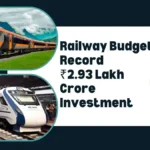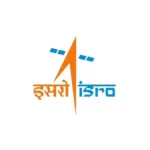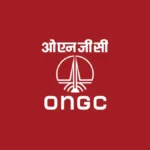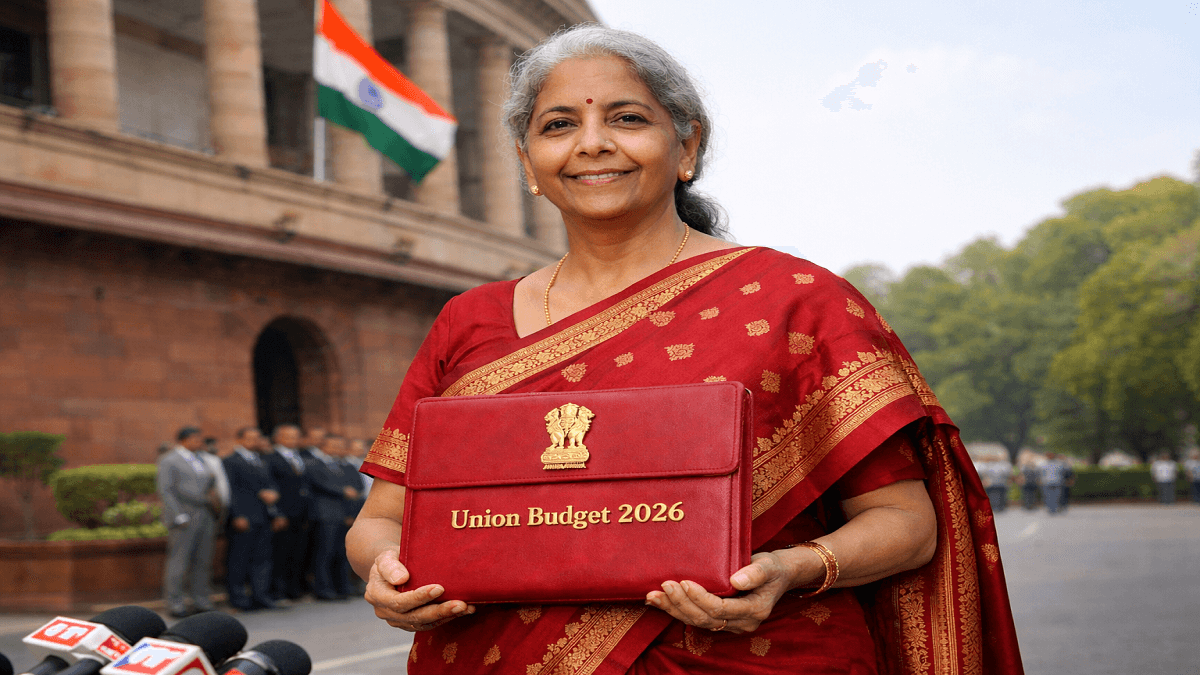Government Increases Excise Duty on Fuels
In a significant development, the central government has increased the excise duty on petrol and diesel, aiming to boost revenue amidst fiscal pressures. The latest hike has raised the excise duty on petrol by ₹2 per litre and diesel by ₹1 per litre, effective immediately. This decision has implications for consumers, inflation, and government earnings and is seen as part of the fiscal strategy to balance the budget.
Purpose Behind the Excise Hike
The primary reason for this hike is to mobilize additional resources for the government, especially in the backdrop of increased expenditure and global economic uncertainty. Higher excise collections provide a reliable revenue stream, allowing the government to fund welfare schemes, infrastructure projects, and fiscal deficit reduction. The rise comes amid volatile crude oil prices in the global market.
Implications for Consumers and Inflation
For consumers, the hike translates to increased fuel prices, which can impact household budgets. Additionally, since fuel is a core input for transportation and logistics, the increase in prices may result in inflationary pressure on goods and services. This development is particularly important for exam aspirants to understand the cause-effect relationship between taxation, fuel prices, and inflation.
Fiscal Benefits to the Government
With this move, the central government expects to increase its excise revenue significantly, possibly by thousands of crores annually. This step is also aimed at compensating for reduced collections from other sectors and supporting developmental schemes. Understanding such fiscal decisions is crucial for those appearing for exams with economics or current affairs components.

📌 Why This News is Important
Vital for Understanding Indian Economic Policy
This news is important because it directly relates to India’s fiscal management and indirect taxation policy. Government job aspirants, especially for civil services, banking, and SSC exams, need to understand how taxes like excise duty affect macroeconomic factors.
Relevance in Multiple Syllabi
This development is highly relevant under Indian Economy, Budget, and Government Schemes, which are frequently tested in UPSC Prelims, Mains, SSC CGL, RBI Grade B, and various State PSC exams. Questions could be framed around excise duty, its implications, and the role it plays in government finance.
🕰️ Historical Context: Evolution of Fuel Taxes in India
Excise duty on petroleum products has been a major revenue source for the Indian government. Over the past decade, excise duties have been modified several times in response to global crude oil prices and domestic fiscal needs. During the COVID-19 pandemic, excise duties were increased to offset revenue losses. However, periodic reductions were also implemented to ease the burden on consumers. The current hike aligns with a similar policy approach used to stabilize government finances amid fluctuating oil markets.
📋 Key Takeaways from “Excise Duty Hiked on Petrol and Diesel”
| S.No | Key Takeaway |
|---|---|
| 1. | Excise duty on petrol increased by ₹2 per litre. |
| 2. | Excise duty on diesel increased by ₹1 per litre. |
| 3. | The move is aimed at boosting government revenue amid fiscal stress. |
| 4. | It may lead to higher fuel prices and inflationary pressure on consumers. |
| 5. | The hike is part of the government’s strategy to balance the fiscal deficit. |
FAQs: Frequently Asked Questions
1. What is excise duty?
Excise duty is an indirect tax levied by the central government on the production and sale of goods within India. In the case of petrol and diesel, it is imposed during the manufacturing or production stage before it reaches the consumer.
2. Why did the government hike excise duty on petrol and diesel?
The hike in excise duty was implemented to boost government revenue, especially during a period of fiscal stress and global economic volatility.
3. How will this affect consumers?
Consumers may face higher fuel prices, which can lead to increased transportation costs and inflation in essential goods and services.
4. What is the impact of such a hike on the economy?
It can increase government revenue but also has a potential inflationary effect, possibly impacting consumer spending and overall demand.
5. Is excise duty the same across all states?
Excise duty is a central tax and remains uniform across the country. However, states also impose VAT, which can vary and influence the final fuel price.
Some Important Current Affairs Links
















